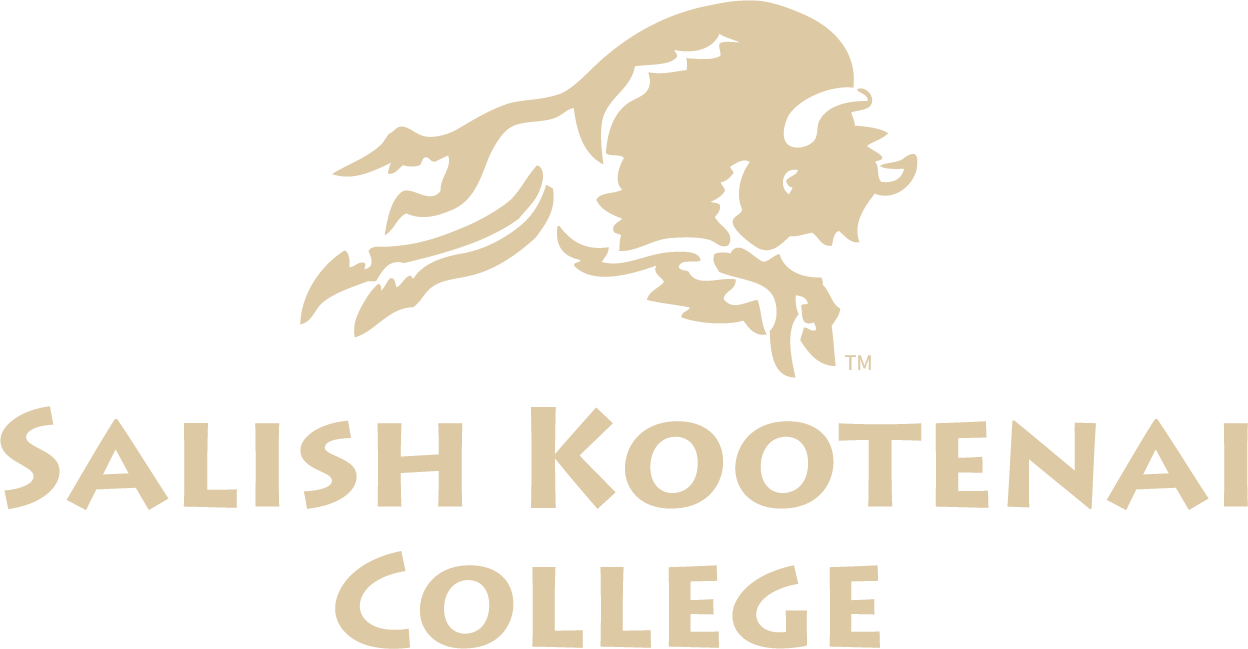Definition of Terms
Dual Credit (DC)
- Awards both high school credit and college credit for a college course taken by the high school student. Dual credit courses may be taught on the college campus, online, or as a hybrid.
Concurrent Credit (CC)
- A dual credit course that is specifically taught by an approved, qualified high school instructor and taught within the school schedule.
Early College
- Awards college credit for a college course taken by the high school student. No high school credit is earned.
Credit Limit
- Amount of dual enrollment credits a high school student may take during a semester.
Academic Rigor
High expectations exist for high school students to take dual credit (DC) or college credit (CC) courses. High school students enrolling in DC or CC courses must meet college standards for those courses including but not limited to attendance, completion of activities, exercises, and examinations as per the course syllabus and schedule.
College coursework is academically rigorous. Content is not altered to accommodate high school students. Students in dual-enrollment courses should expect to participate in college-level content and discussions appropriate for adult learners.
It is important to understand that you are beginning a new record of academic history that will follow you as you continue your college career, because your grades for these college courses will appear on a college transcript. Poor academic history can adversely affect the following:
- your ability to gain admissions into post-secondary institutions
- your ability to be awarded financial aid and/or scholarships
- acceptance into the degree program of your choice
- eligibility for participation in athletics and campus activities (NAIA, NCAA, NIRA, Associated Students, etc.)
Confidentiality
According to the U.S. Department of Education, the Family Educational Rights and Privacy Act (FERPA) is a federal law that affords parents the right to have access to their children's education records, the right to seek to have the records amended, and the right to have some control over the disclosure of personally identifiable information from the education records.
When a student turns 18 years old or enters a postsecondary institution at any age, the rights under FERPA transfer from the parents to the student. This means that the parent(s) or guardian(s) may not be given information about a dual enrollment student’s progress in courses, grades, etc., unless the student signs a waiver.
There are several exceptions to FERPA’s general prior consent rule. One exception is the disclosure of “directory information.” The following is considered “directory information” at SKC and may, in accordance with FERPA, be disclosed at the discretion of the college:
- Name
- Dates of attendance
- Academic major or program of study
- Number of credits for current enrollment period
- Class standing (Freshman, Sophomore, etc.)
- Degrees, certificates, certifications, or endorsements awarded
- Honors awarded and the GPA of students recognized for honors
- Date(s) of completion
- Participation in college-recognized sports
- Student’s college email address
MySKC/Student Resource Portal
Dual enrollment students can access many SKC support services. To access all the SKC Student Resources select the "MySKC Students" link under "MySKC" in the main SKC Navigation menu. The MySKC Student Resource Portal contains links to these support resources including:
- The Writing Center
- The Math Lab
- The SKC Career Center
- The SKC Disabilities Coordinator
Apply now and enjoy a unique educational experience that blends Western academic knowledge with Native American perspectives and practices. Benefit from smaller class sizes, personalized attention, and opportunities for hands-on learning and research. Join a supportive community that values cultural diversity and academic excellence, and prepare for a successful career and leadership role in your community. Apply today and start your journey towards a brighter future at SKC!
